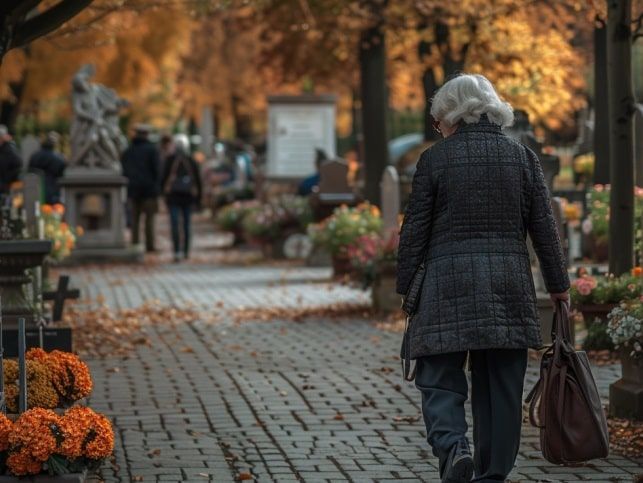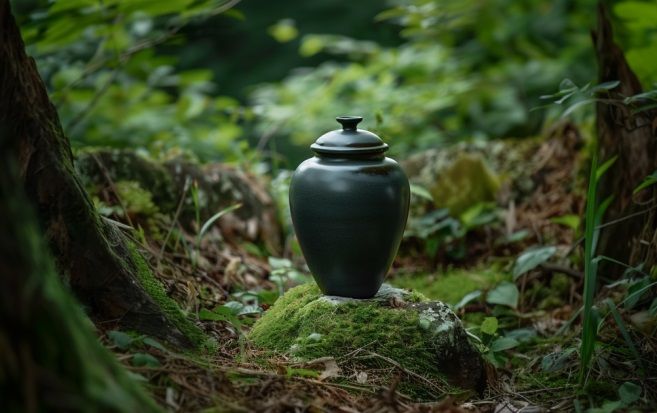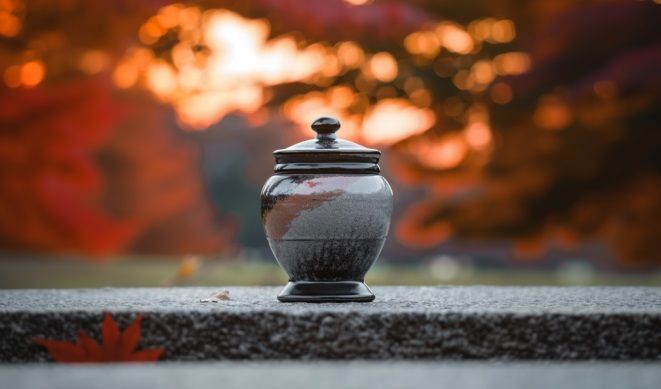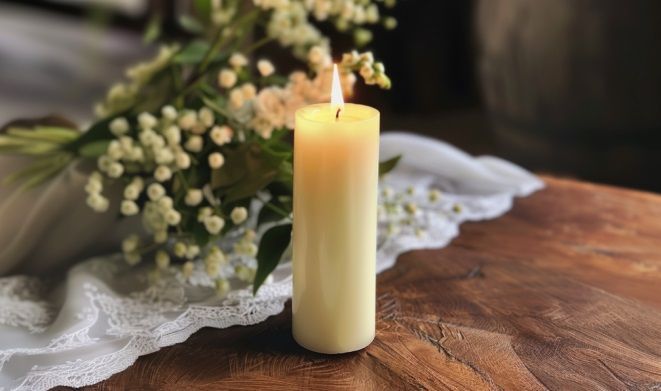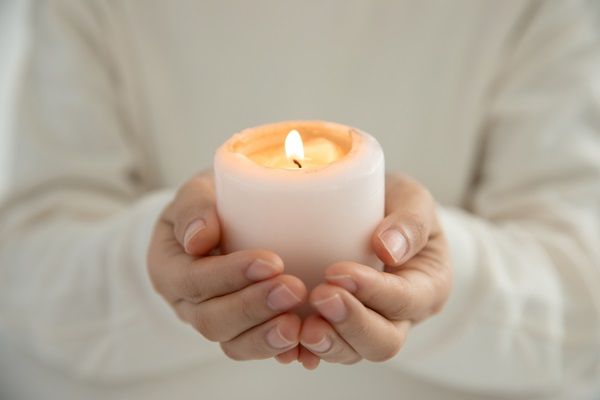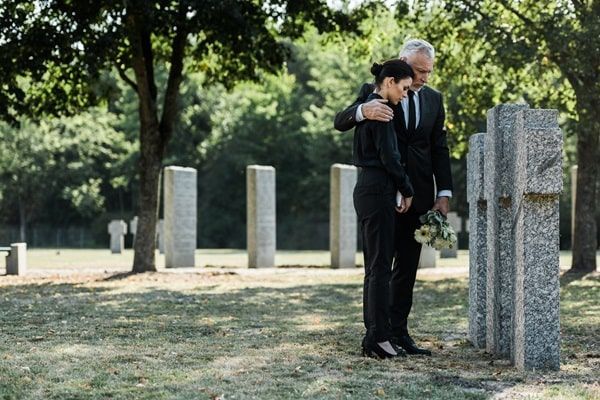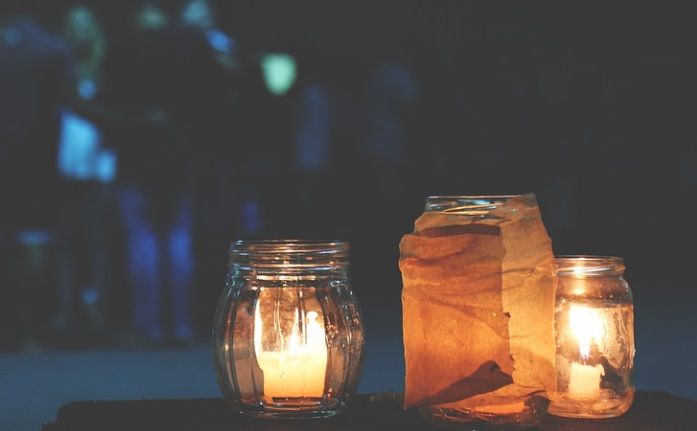Key Differences of Direct Cremation vs Traditional Funerals
Explore the key differences between direct cremation and traditional funerals. Understand which option might be best for honoring your loved one. Call us now!
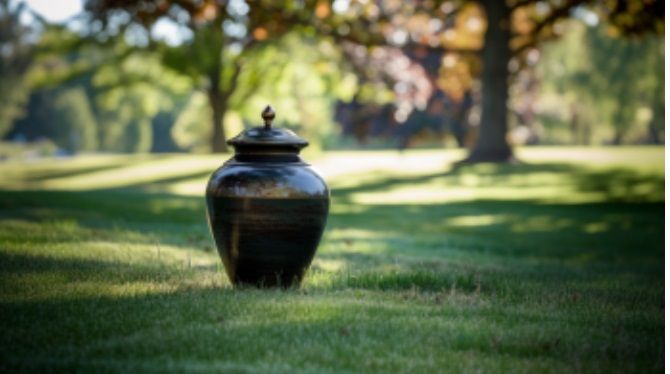
Understanding the distinctions between direct cremation and traditional funerals is essential for making an informed decision during a difficult time. Traditional funerals typically involve a series of services, including a viewing, ceremony, and burial, providing an opportunity for family and friends to gather and pay their respects. In contrast, direct cremation in Greenfield, WI, is a more straightforward process, where the body is cremated shortly after death without a preceding ceremony. This option allows for greater flexibility in planning a memorial service at a later date, offering families the time they need to grieve and arrange a meaningful tribute. Both choices have benefits and can be tailored to honor the deceased in a way that aligns with their wishes and the family's needs. By weighing these options thoughtfully, you can select the approach that best reflects the life and legacy of your loved one.
Understanding Direct Cremation
Direct cremation is a straightforward and dignified option where the body is cremated shortly after death without a prior funeral service. This method allows families to plan a memorial or celebration of life at a later date, providing flexibility and time for grieving. Direct cremation is often chosen for its simplicity and the ability to honor a loved one in a personalized way that fits the family's needs.
Traditional Funeral Services Explained
Traditional funerals typically involve several components, including a viewing or wake, a formal funeral service, and a burial or cremation. These services allow friends and family to gather, provide support, and share memories. Traditional funerals often follow religious or cultural customs, providing a structured way to honor the deceased and offer a sense of closure.
Key Differences Between the Two Options
The process and timing are the primary difference between direct cremation and traditional funerals. Direct cremation occurs shortly after death and does not include a preceding ceremony, whereas traditional funerals involve multiple services over several days. Each option has unique benefits; direct cremation offers simplicity and flexibility, while traditional funerals provide a structured, communal grieving process.
Benefits of Direct Cremation
Direct cremation can be a practical choice for those seeking a less complex and more private farewell. It allows families to organize a personalized memorial at a time and place of their choosing, creating a meaningful tribute without the constraints of traditional funeral timelines. This option can also be less stressful, giving loved ones the space to grieve in their own time.
Advantages of Traditional Funerals
Traditional funerals offer a comprehensive way to honor and remember the deceased, incorporating various customs and rituals. They provide a structured environment for mourning, support from the community, and a sense of closure. Traditional services can be deeply comforting, helping families and friends come together to celebrate the lives of their loved ones in a meaningful way.
Making the Right Choice for Your Family
Deciding between direct cremation and a traditional funeral is a personal decision that depends on various factors, including cultural beliefs, family preferences, and the wishes of the deceased. It's essential to consider what feels most appropriate for honoring your loved one's memory while providing comfort and support to those left behind. By understanding the differences and benefits of each option, you can make a choice that aligns with your family's values and needs.
Choosing between direct cremation and traditional funerals is a deeply personal decision that depends on various factors, including cultural beliefs and family preferences. Both options offer unique benefits; direct cremation provides simplicity and flexibility, allowing for a personalized memorial at a later date, while traditional funerals provide a structured, communal grieving process. Understanding these differences can help families make informed decisions during a difficult time. If you are considering direct cremation in Greenfield, WI, the Cremation Society of Milwaukee can provide the guidance and support you need. Contact us today for more information on how we can assist you in honoring your loved one's memory.



